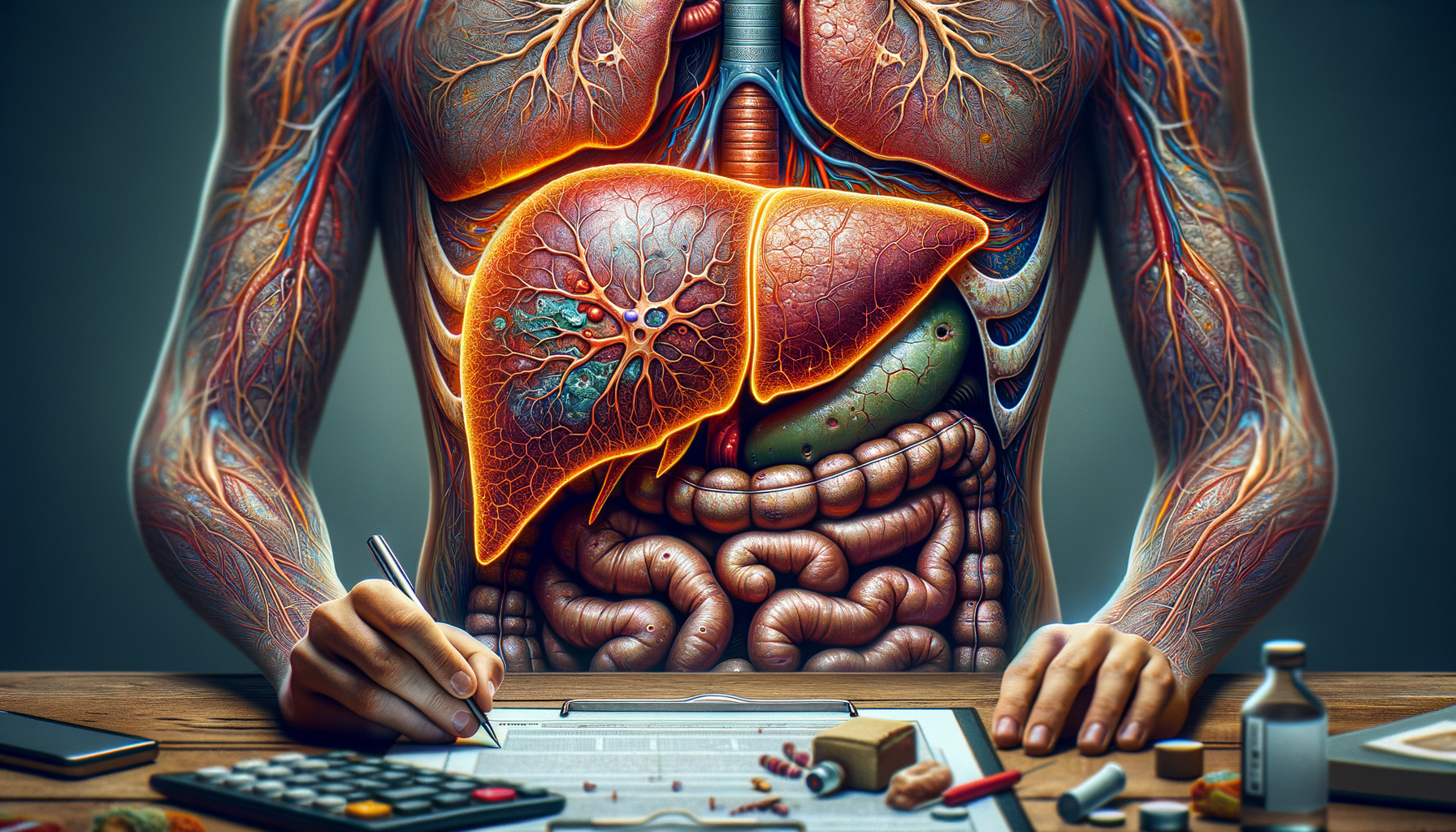Understanding the Impact of Alcohol
Before embarking on the journey to quit drinking, it’s crucial to understand the impact alcohol has on your life. Alcohol consumption can lead to a myriad of health issues, including liver disease, cardiovascular problems, and mental health disorders. Recognizing these consequences can motivate you to make a change. Research indicates that excessive drinking is linked to an increased risk of chronic diseases and can significantly reduce life expectancy. Furthermore, alcohol affects not only physical health but also emotional well-being, often leading to depression and anxiety.
Understanding these impacts is the first step towards making an informed decision about quitting. By acknowledging the adverse effects, you can better appreciate the benefits of a life without alcohol, such as improved health, better relationships, and enhanced mental clarity.
Setting Realistic Goals
Once you recognize the need to quit, setting realistic goals is essential. Start by defining what quitting means to you. Is it complete abstinence, or are you aiming to reduce your intake significantly? Setting clear, achievable goals can provide a roadmap for your journey. For instance, you might decide to cut down gradually, reducing your consumption by a set amount each week.
It’s important to be specific about your goals. Instead of saying, “I want to drink less,” aim for, “I will not drink on weekdays.” This specificity helps in tracking progress and staying committed. Additionally, consider setting both short-term and long-term goals to maintain motivation. Celebrate small victories along the way to reinforce positive behavior.
Building a Support System
Quitting alcohol is a challenging endeavor, and having a support system can make a significant difference. Surround yourself with friends and family who understand your goals and are willing to support you. Communicate openly about your decision to quit and explain how they can help, whether by joining you in alcohol-free activities or simply offering encouragement.
Consider joining support groups or therapy sessions where you can connect with others facing similar challenges. These groups provide a sense of community and accountability, which can be crucial in maintaining sobriety. Online forums and apps also offer platforms to share experiences and gain insights from others who have successfully quit drinking.
Developing Alternative Coping Mechanisms
Alcohol is often used as a coping mechanism for stress, anxiety, or social situations. To quit drinking, it’s important to develop alternative strategies for managing these triggers. Identify the situations that prompt you to drink and brainstorm healthier coping methods.
For stress relief, consider activities like exercise, meditation, or journaling. Socializing can be challenging without alcohol, so plan events that don’t revolve around drinking, such as hiking, movie nights, or coffee outings. Practicing mindfulness and deep-breathing exercises can also help manage anxiety and reduce the urge to drink.
Seeking Professional Help
For many, quitting alcohol may require professional assistance. Therapists or counselors specializing in addiction can provide valuable guidance and support. Cognitive-behavioral therapy (CBT) is particularly effective in helping individuals change their drinking patterns by addressing the thoughts and behaviors associated with alcohol use.
In some cases, medical intervention may be necessary, especially if you’re experiencing severe withdrawal symptoms. Consult a healthcare provider to discuss options such as medication-assisted treatment, which can ease withdrawal and reduce cravings.
Remember, seeking help is a sign of strength, not weakness. Professional support can provide the tools and strategies needed to successfully quit drinking and build a healthier, more fulfilling life.




Leave a Reply